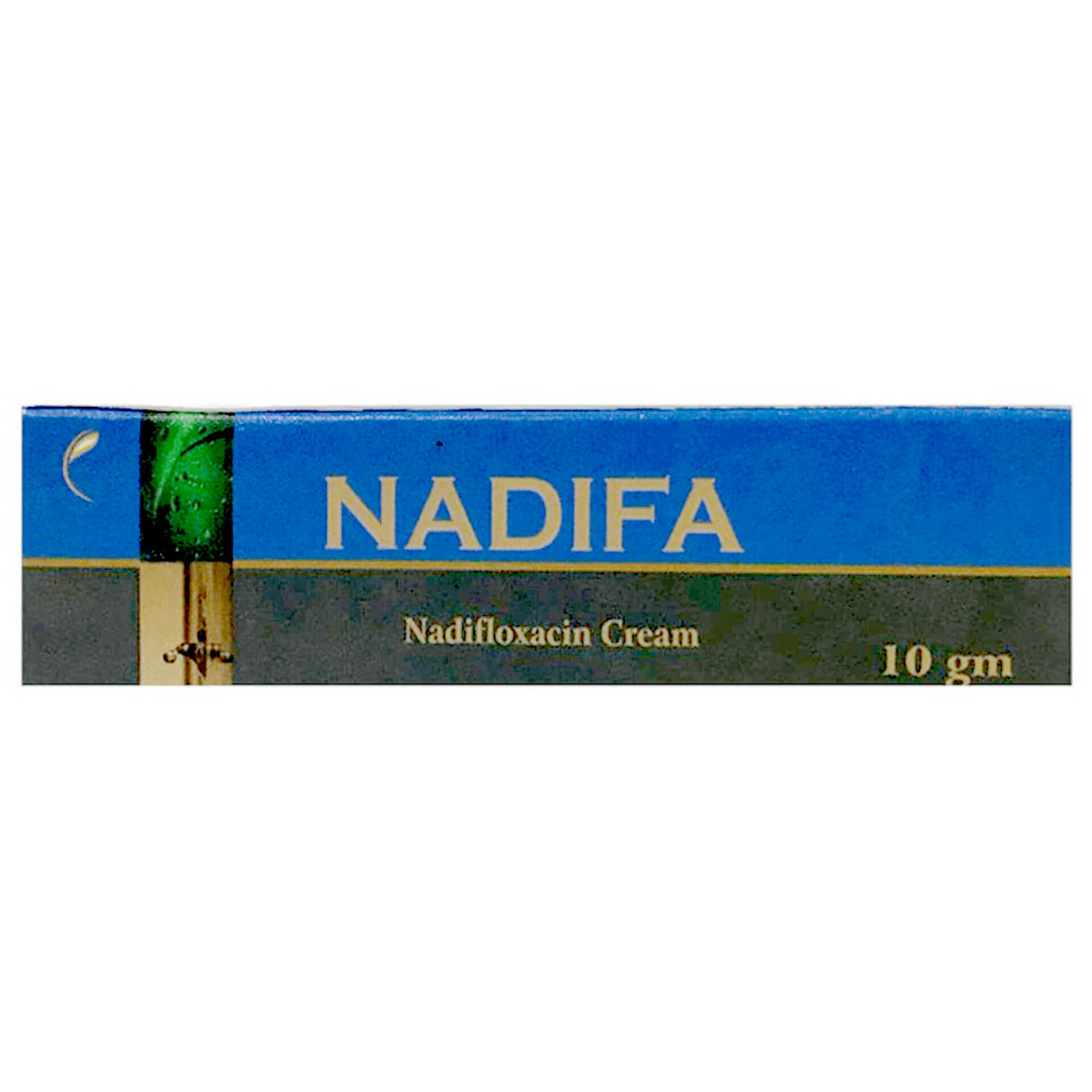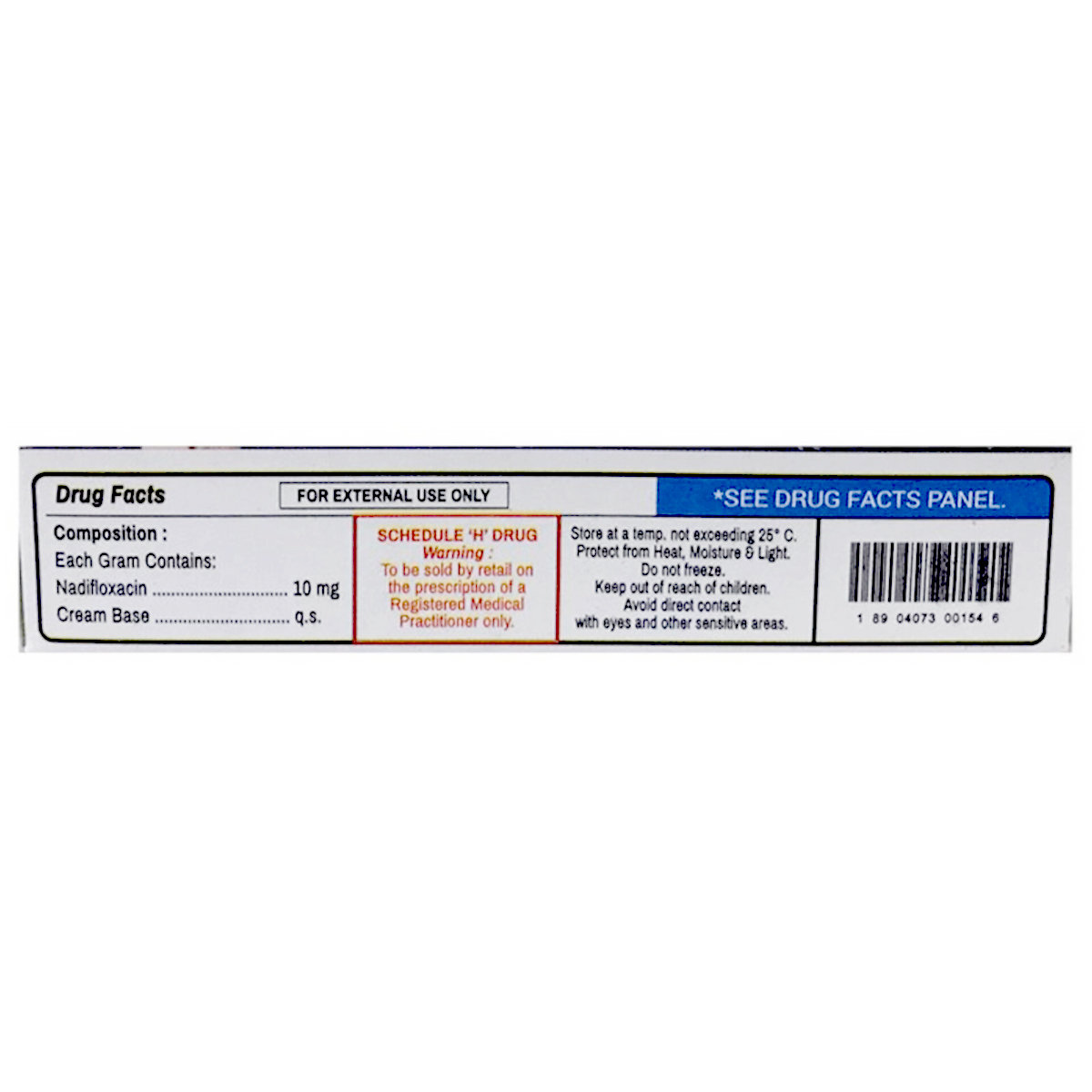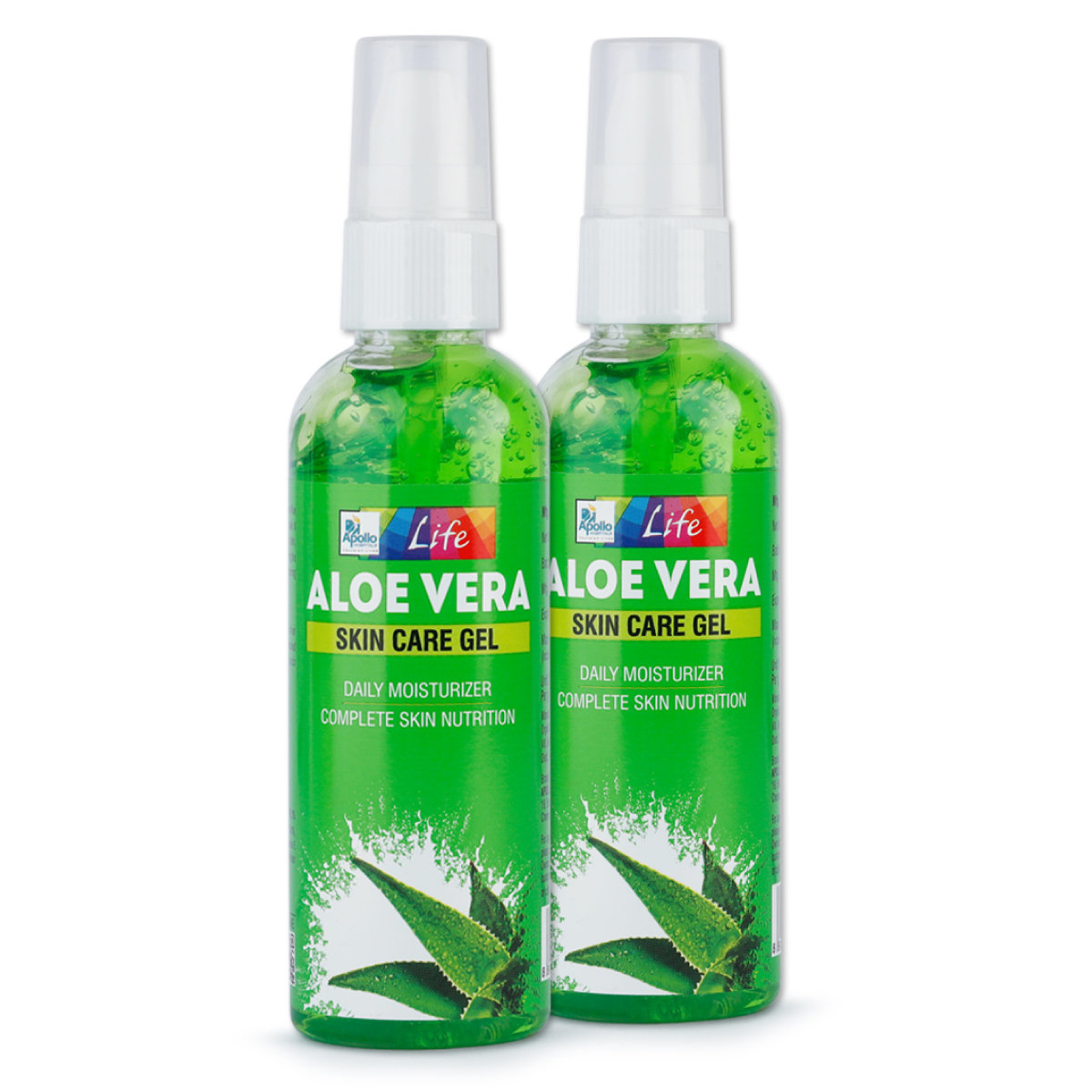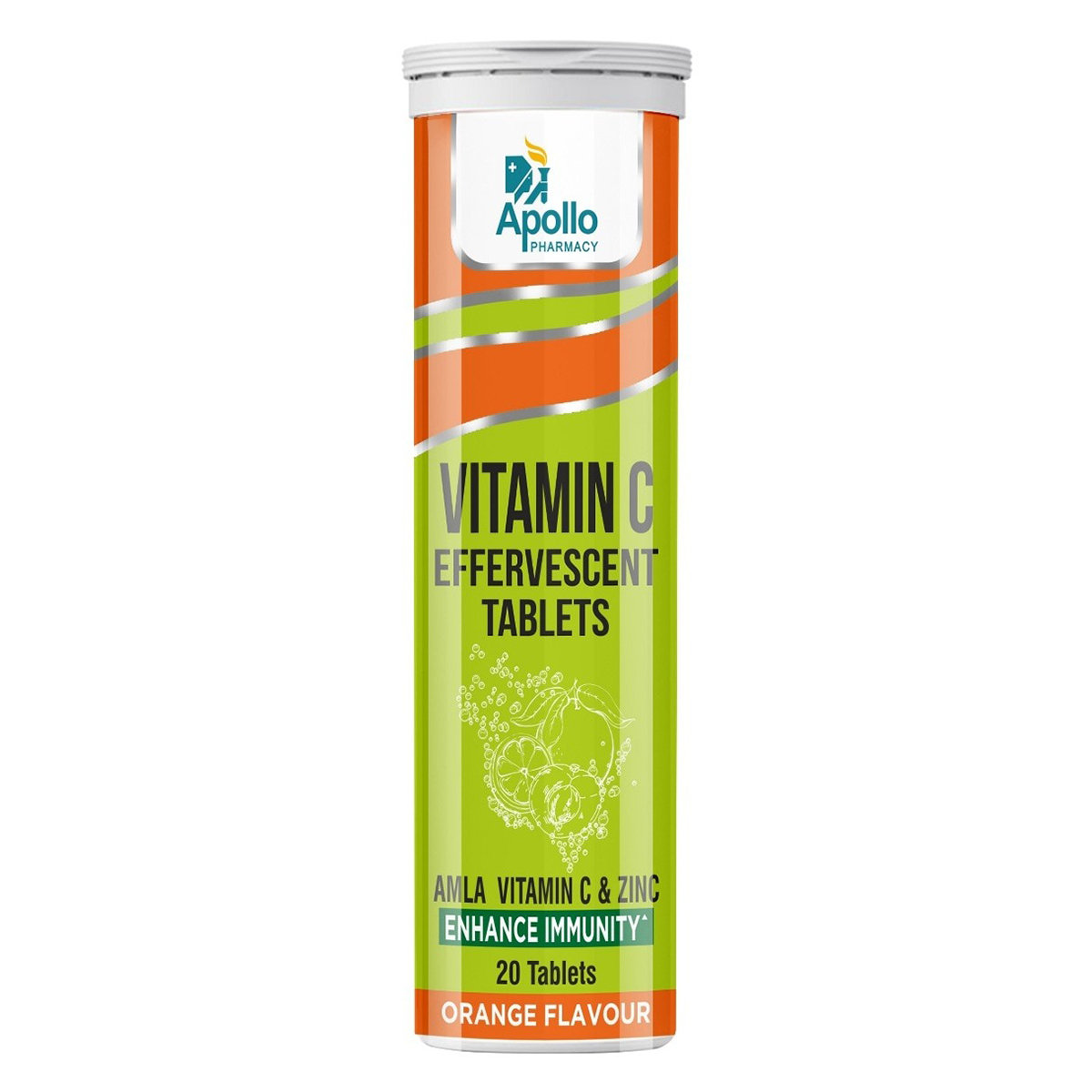Nadifa Cream


MRP ₹122.5
(Inclusive of all Taxes)
₹18.4 Cashback (15%)
know your delivery time
Provide Delivery Location
Composition :
Manufacturer/Marketer :
Consume Type :
Expires on or after :
Return Policy :

Secure Payment

Trusted by 8 Crore Indians

Genuine Products
Therapeutic Class
Country of origin
Manufacturer/Marketer address
FAQs
Disclaimer
Alcohol
Safe if prescribed
No interaction is found. In case of any discomfort, please consult a doctor.
Pregnancy
Consult your doctor
No interaction is found. In case of any discomfort, please consult a doctor.
Breast Feeding
Consult your doctor
While breastfeeding, be cautious that Nadifa Cream is not applied or if applied priorly. The nipple area and breast part should be thoroughly washed before feeding your baby as it can be harmful to be baby if intaken along with milk.
Driving
Safe if prescribed
No interaction is found. In case of any discomfort, please consult a doctor.
Liver
Consult your doctor
No interaction is found. In case of any discomfort, please consult a doctor.
Kidney
Consult your doctor
No interaction is found. In case of any discomfort, please consult a doctor.
Children
Safe if prescribed
Nadifa Cream can be given to children but under child specialist medical supervision. Nadifa Cream is prescribed to the children to treat complicated skin infections.
Product Substitutes
Reference
- https://www.gov.uk/drug-safety-update/fluoroquinolone-antibiotics-new-restrictions-and-precautions-for-use-due-to-very-rare-reports-of-disabling-and-potentially-long-lasting-or-irreversible-side-effects
- https://pubchem.ncbi.nlm.nih.gov/compound/nadifloxacin
- https://www.ncbi.nlm.nih.gov/pmc/articles/PMC4257952/
About Nadifa Cream
Nadifa Cream contains a class of antibiotics known as fluoroquinolones, primarily used to treat topical infections caused by the bacteria, including skin infections and acne vulgaris. A bacterial infection is a condition in which bacteria grows in the body and cause infection. It can target any body part and multiple very quickly.
Nadifa Cream contains topical antibacterial Nadifloxacin, which helps treat and prevent a wide range of skin bacterial infections. It is bactericidal and works by killing bacteria that cause infections. It inhibits the repairing of bacterial cells and kills the bacteria, thereby preventing the infection's further spread. Nadifa Cream is a broad-spectrum antibiotic against most Gram-negative bacteria, many Gram-positive bacteria, and some anaerobes bacteria (that lives without oxygen).
Nadifa Cream should be applied in the dose and duration as advised by your doctor. You may experience application site reactions like a burning sensation, itching, and rashes in some cases. Most of these side effects of Nadifa Cream do not require medical attention and gradually resolve over time. However, if the side effects are persistent, reach out to your doctor.
Inform your doctor if you are allergic to nadifloxacin or any of the ingredients of Nadifa Cream. Don't apply Nadifa Cream on broken skin and avoid getting it in your eyes, nose, or mouth. The infected area should not be covered with airtight dressings such as bandages unless directed by a doctor, which may increase the risk of side effects. If you are breastfeeding, wash the area properly before breastfeeding as Nadifa Cream can be harmful if taken by the baby with milk.
Uses of Nadifa Cream
Medicinal Benefits Mweb
Key Benefits
Nadifa Cream contains antibiotic Nadifloxacin, which helps treat and prevent a wide range of bacterial skin infections caused by most Gram-negative bacteria, many Gram-positive bacteria, and some anaerobes bacteria (that lives without oxygen) including Cutibacterium acnes and Staphylococcus epidermidis. It is bactericidal in nature and works by killing bacteria that cause infections by prevents the formation of their cell wall required for living. It also inhibits the repairing of bacterial cells. Altogether it kills the bacteria. Nadifa Cream has the advantage of good penetration in most deep tissues. Hence, it is used for bacterial skin infections.
Directions for Use
Side Effects of Nadifa Cream
- Burning sensation
- Irritation
- Itching
- Redness
Drug Warnings
Do not apply Nadifa Cream if you are allergic or have had a severe reaction to nadifloxacin or any other quinolone or fluoroquinolone antibiotics such as delafloxacin, levofloxacin, moxifloxacin, and ciprofloxacin. And also, exposure to sunlight should be avoided while taking Nadifa Cream as it may cause increased phototoxicity or photosensitivity. Don't apply Nadifa Cream on broken skin; avoid getting it in your eyes, nose, or mouth. The infected area should not be covered with airtight dressings such as bandages unless directed by a doctor, as this may increase the risk of side effects.
Drug-Drug Interactions
Drug-Drug Interactions
Login/Sign Up
Drug-Food Interactions
Drug-Food Interactions
Login/Sign Up
Drug-Diseases Interactions
Drug-Diseases Interactions
Login/Sign Up
Habit Forming
Diet & Lifestyle Advise
- Exfoliate your skin gently. This helps to cleanse the skin by washing away dry and dead skin cells.
- Regular exercise helps clear out clogged pores.
- Drinking enough water can also greatly improve the general condition of your skin by keeping it hydrated.
- Always remove your makeup before going to bed. Never wear makeup to bed.
- Spend some time on a good skin-care routine.
- Do not use harsh soaps, skin cleansers, or skin products with astringents, lime, or alcohol.
- Maintain proper hygiene and keep the affected area clean.
All Substitutes & Brand Comparisons
RX
Nadiem Cream 10 gm
Daylon healthcare pvt Ltd
₹112.5
(₹10.13/ 1gm)
8% CHEAPERRX
Nadibest Cream 10 gm
Geolife Sciences
₹134
(₹12.06/ 1gm)
9% COSTLIER

Have a query?
Buy best Dermatology products by
Glenmark Pharmaceuticals Ltd
Sun Pharmaceutical Industries Ltd
Klm Laboratories Pvt Ltd
Cipla Ltd
Canixa Life Sciences Pvt Ltd
Abbott India Ltd
Ajanta Pharma Ltd
Intas Pharmaceuticals Ltd
Dr Reddy's Laboratories Ltd
East West Pharma India Pvt Ltd
Alkem Laboratories Ltd
Atopic laboratories Pvt Ltd
Hegde & Hegde Pharmaceutica Llp
Brinton Pharmaceuticals Ltd
Torrent Pharmaceuticals Ltd
Amwill Healthcare Pvt Ltd
Leeford Healthcare Ltd
Palsons Derma Pvt Ltd
Oaknet Healthcare Pvt Ltd
Med Manor Organics Pvt Ltd
Micro Labs Ltd
Dermocare Laboratories Gujarat Llp
Fixderma India Pvt Ltd
Apex Laboratories Pvt Ltd
Mankind Pharma Pvt Ltd
Ipca Laboratories Ltd
Yaher Pharma
Systopic Laboratories Pvt Ltd
Menarini India Pvt Ltd
Ethinext Pharma
Nemus Pharmaceuticals Pvt Ltd
Skinocean Pharmaceuticals
Dermacia Healthcare
Inex Medicaments Pvt Ltd
Lupin Ltd
GlaxoSmithKline Pharmaceuticals Ltd
Talent India Pvt Ltd
Zydus Cadila
Kivi Labs Ltd
Zydus Healthcare Ltd
Hbc Dermiza Healthcare Pvt Ltd
Mrhm Pharma Pvt Ltd
Regaliz Medicare Ltd
Sol Derma Pharmaceuticals Pvt Ltd
Newtrimed Healthcare Pvt Ltd
Wallace Pharmaceuticals Pvt Ltd
Eskon Pharma
Glowderma Lab Pvt Ltd
La Pristine Bioceuticals Pvt Ltd
Mohrish Pharmaceuticals Pvt Ltd
Percos India Pvt Ltd
Rockmed Pharma Pvt Ltd
Macleods Pharmaceuticals Ltd
Praise Pharma
Ethicare Remedies Pvt Ltd
Kaizen Drugs Pvt Ltd
Aurel Biolife
Rely On Pharmaceuticals
Wockhardt Ltd
Galcare Pharmaceuticals Pvt Ltd
Elder Pharmaceuticals Ltd
Indiabulls Pharmaceuticals Pvt Ltd
La Med Healthcare Pvt Ltd
Biocute Life Care
Yap Bioceuticals
Yash Pharma Laboratories Pvt Ltd
Zee Laboratories Ltd
Apple Therapeutics Pvt Ltd
Adonis Laboratories Pvt Ltd
Albatross Healthcare Pvt Ltd
Galderma India Pvt Ltd
Prism Life Sciences Ltd
FDC Ltd
Alniche Life Sciences Pvt Ltd
Salve Pharmaceuticals Pvt Ltd
West Coast Pharmaceuticals Pvt Ltd
Dermarex HealthCare India Pvt Ltd
Arka Vital Science Pvt Ltd
Dermajoint India
Gary Pharmaceuticals Pvt Ltd
Grace Derma Healthcare Pvt Ltd
Karlin Pharmaceuticals & Exports Pvt Ltd
Skinska Pharmaceutica Pvt Ltd
Uniza Healthcare Llp
Alembic Pharmaceuticals Ltd
Cadila Healthcare Ltd
Cadila Pharmaceuticals Ltd
Cosmofix Technovation Pvt Ltd
Human Pharmaceuticals
Indolands Pharma Pvt Ltd
Lyra Laboratories Pvt Ltd
Akumentis Healthcare Ltd
Entod Pharmaceuticals Ltd
Iceberg Health Care Pvt Ltd
Jenburkt Pharmaceuticals Ltd
P and P Dermaceuticals Pvt Ltd
Dabur India Ltd
Indchemie Health Specialities Pvt Ltd
Olcare Laboratories Pvt Ltd
Unison Pharmaceuticals Pvt Ltd
BODY CREAM
Body Lotion
Face Cream
Shampoo
Sun Screen
Face Gel
Soap
Face Wash
HAIR SOLUTION
Face Serum
BODY GEL
Hair Lotion
Hair Serum
Dusting Powder
ANTISEPTIC
FACE CLEANSER
Face Lotion
Body Wash
Body Spray
Eye Cream
FUNGAL INFECTION
Foot Cream
Conditioner
Eye Gel
Cleanser
Hair Cream
Hair Oil
Face Mask
Hair Gel
Sanitizer
Hair Spray
Moisturiser
Skin Ointment
Lip Balm
Capsule
Eye Serum
Intimate Wash
Specialty Supplements
Hand Cream
Facial Spray
SPECIALITY SUPPLEMENT
Face Toner
MEDICATED SHAMPOO
Tablet
Talcum Powder
BABY SUNSCREEN
Body Butter
Body Scrub
DIAPER RASH CREAM
EYE SOLUTION
FACIAL WIPE
Gargle
Hand Wash
Intimate Spray
Lip Serum
Lubricant Gel
MEDICATED CREAM
Nail Polish
VITAMIN D
Frequently Bought Together
Customers Also Bought







